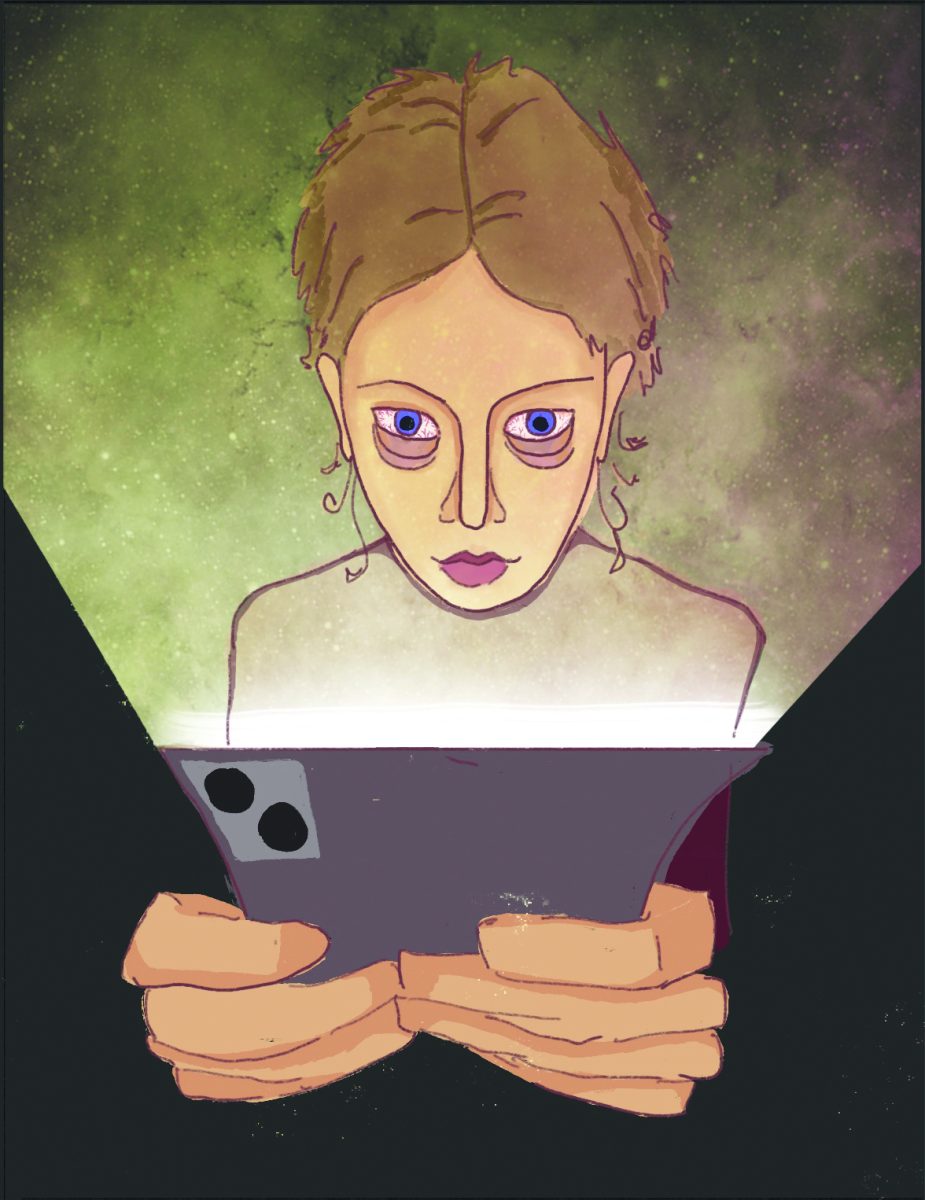By Maya ’12
As much as we like to pride ourselves on our liberal social perspectives and “open” school environment, there remains a taboo surrounding the discussion of race and ethnicity. Some of us are simply unaware of it, while others pretend to be. While we have clubs and events dedicated to diversity, for the most part conversing about what it means to be the shade that we are is not an everyday occurrence. Though many of us do not experience the tempestuous emotions and relations that regularly surround race, the history of race and the remnants of classism and racism that it has borne remain an integral aspect of the world we live in and how we perceive others. Whether we like it or not, race is real and the only way to truly understand it, or even begin to overcome it, is by sharing our perspectives and studying the perspectives of others.
The English Department plays a huge role in breaking down barriers and facilitating discussion about uncomfortable issues. Beginning with When I Was Puerto Rican in 7th grade, matters such as color, social status and rape are explored and debated in the classroom. But as soon as real ground has been broken, the book or piece is over and the discussion cut short. The idea is that we will continue talking about our feelings, reactions and insights outside of the classroom. Despite our many different life stories and family histories and all that can be learned from talking to our peers, we are simply too young and our perspectives too narrow to unearth true cognizance or wisdom.
We need English electives that push us further towards understanding the trials of others and how the history of ethnicity, culture and race has formed the world we live in today. Only through education, through the exploration of perspective, can we ever become genuinely empathetic and understanding. Race may be a societal construct, but its detriments and merits cannot be ignored. Though as seniors we deserve a choice in what we study, taking English electives away that focus on writers of color just because they are unpopular does nobody good. It is the School’s job to educate us to the best of its abilities, and shying away from unpopular topics that are rich in both history and humanity does not do us justice. The voices of minorities are a part of everyone’s history, and if we need a little push to realize this, so be it.




